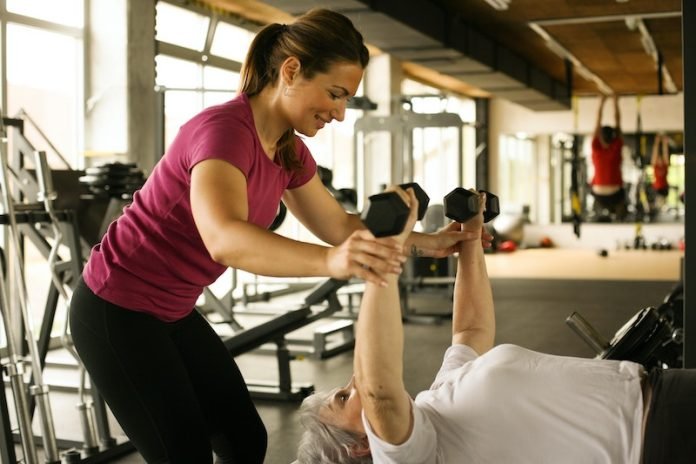
High blood pressure is like a silent ticking time bomb. It can lead to serious heart issues, like heart attacks.
One in four heart attacks are actually caused by high blood pressure! By 2025, it’s expected that more than half the people in the world will have high blood pressure.
For a long time, doctors have known that exercise can help lower blood pressure.
But until now, their advice was always the same: exercise a certain amount each week. They didn’t really look at how high a person’s blood pressure was to start with.
New Guidelines for Exercise
Now, the European Society of Cardiology has come up with new guidelines for exercise. These guidelines take into account how high a person’s blood pressure is.
For the first time, people can get advice on the best exercise for their specific blood pressure level.
“We want to help people lower their blood pressure, no matter what it is right now,” said Professor Henner Hanssen, who worked on the guidelines.
“Lowering blood pressure can lower the risk of heart attacks and strokes. We want people to live longer, healthier lives.”
The Best Exercise for You
The new guidelines give different advice for people with different blood pressure levels.
If a person has high blood pressure (at least 140/90 mmHg), the best exercise for them is aerobic exercise. This includes things like walking, running, biking, and swimming.
Professor Hanssen said, “For people with high blood pressure, aerobic exercise can lower their blood pressure as much as taking a medication would.”
If a person has high-normal blood pressure (between 130-139/85-89 mmHg), the best exercise for them is dynamic resistance training.
This is a fancy term for strength training. It includes things like lifting weights, doing squats, and doing push-ups.
If a person has normal blood pressure (less than 130/84 mmHg), the best exercise for them is isometric resistance training.
This is another type of strength training that involves tensing the muscles without moving them. An example of this is the handgrip exercise.
Exercise Regularly for Best Results
Professor Hanssen stressed that it’s important to exercise regularly. “The benefits of exercise don’t last forever,” he said.
“For most exercises, the blood pressure lowering effect lasts for about 24 hours, the same as medication. So it’s best to be active every day if possible.”
He also noted that exercise can help prevent high blood pressure in the first place.
“People who are overweight, or who have a parent with high blood pressure, or who had high blood pressure during pregnancy, are all at risk for developing high blood pressure. But by exercising, they can delay or even prevent it.”
So whether your blood pressure is high, normal, or somewhere in between, exercise can help. And now, you can get personalized advice on the best exercise for you. Happy exercising!
If you care about blood pressure, please read studies about unhealthy habits that could increase high blood pressure risk, and eating eggs in a healthy diet may reduce risks of diabetes, high blood pressure.
For more information about blood pressure, please see recent studies that early time-restricted eating could help improve blood pressure, and results showing natural blood pressure controllers: 12 foods that lower blood pressure.
The study was published in European Journal of Preventive Cardiology.
Follow us on Twitter for more articles about this topic.
Copyright © 2023 Knowridge Science Report. All rights reserved.



